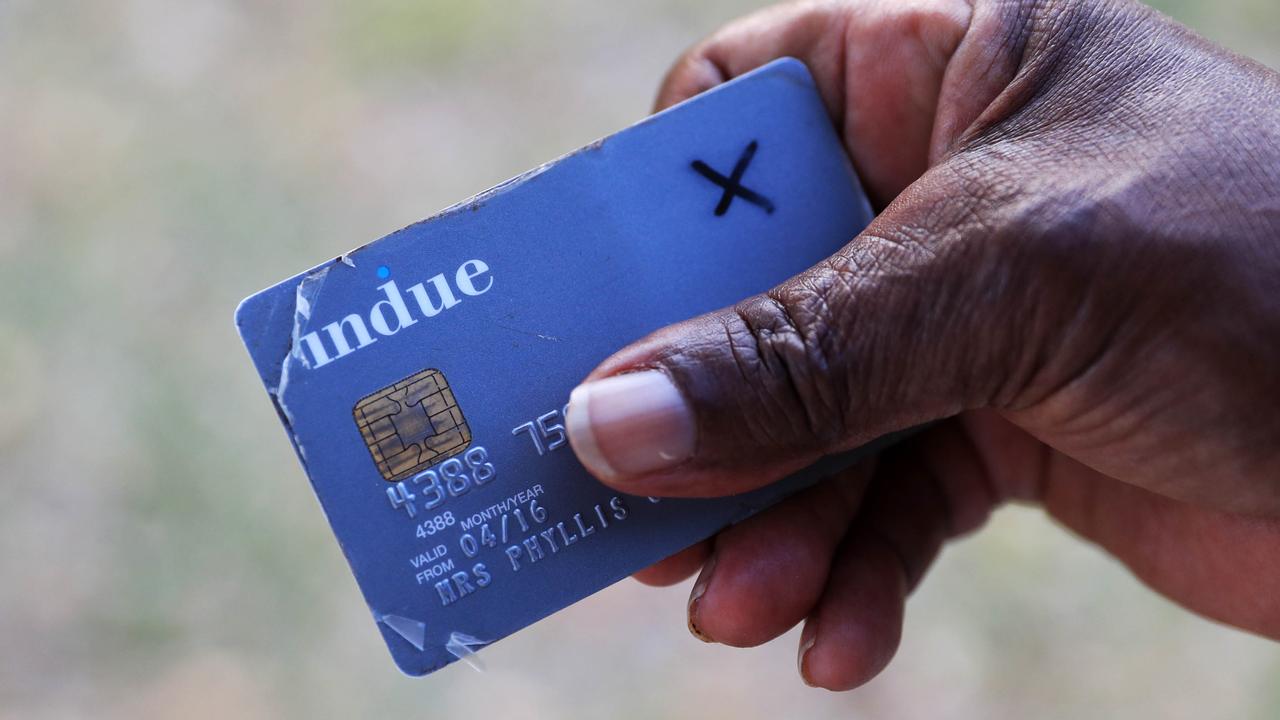Bill of rights would kill referendum, says Tony Abbott
TONY Abbott has warned against moves to turn the proposed referendum on constitutional recognition into a charter of rights.
TONY Abbott has warned against moves to turn the proposed referendum on constitutional recognition of indigenous people into a charter of rights and racial non-discrimination, declaring it will “fail” if it becomes a de facto bill of rights.
The Prime Minister has also left open the option of not bringing forward the promised referendum until after the next election, to “maximise” its chances of success.
In his clearest statement of intent on the direction of the referendum, Mr Abbott said the government still wanted to “chart a course forward sooner rather than later” but warned that arguments to broaden the proposed change to the constitutional preamble from a recognition of Australia’s first people to a bill of rights would see the referendum fail.
Mr Abbott’s firm view on the need to keep the referendum focused on recognition and to delay it if necessary for success puts him at odds with Bill Shorten, some Labor MPs and elements of the Aboriginal leadership who want anti-discrimination clauses inserted into the Constitution and for the referendum to be held soon. No referendum in Australia has been successful without full bipartisan support.
“Any referendum proposal that becomes a de facto bill of rights is highly unlikely to succeed,” Mr Abbott told The Weekend Australian in an interview this week on his first year in office. When asked if the referendum, which had bipartisan support before the election, was about indigenous recognition or a constitutional guarantee of racial non-discrimination, Mr Abbott bluntly replied: “It’s clearly not the latter, and if it is it will fail.”
INTERACTIVE: How voters judged recent PMs’ first years
On the timing of the referendum, which Mr Abbott has previously indicated could be a matter for a second-term Abbott government, said: “It is the government’s intention to chart a course forward sooner rather than later but we haven’t crystallised that course forward. It needs to be at a time that maximises its chance to pass and maximises its chance to be a great unifying moment for the country and we are still mulling over when that might best be.”
The Prime Minister’s warning about failure for a referendum that sought to go beyond indigenous recognition to incorporate wider rights and racial non-discrimination clauses puts the Coalition at odds with the Opposition Leader’s call to redress “historical injustice” and face “dark historical truth” by changing a significant number of laws that would “preclude governments from discriminating on the basis of race”.
On his first year as Prime Minister, Mr Abbott said he felt incredibly honoured and privileged every day and that, while sometimes frustrated, he was satisfied with many things, optimistic about the future and the ultimate success of the budget, and remained committed to reforms and “good policy”.
“I am reasonably confident that a very substantial part of the government’s major measures will be implemented, not perhaps as we initially proposed them, but substantially and in worthwhile ways we can say we are changing our country,” Mr Abbott said.
On the referendum, there is a growing push within the Labor Party and among some Aboriginal leaders to have a referendum aimed at much broader change than to the preamble alone and to hold the referendum soon.
At the Garma Festival in Arnhem Land a month ago, Mr Shorten said any proposal to change only the Constitution’s preamble would be inadequate.
“Symbolic change is not good enough; preambular change will not suffice,” the Opposition Leader said. “It would be an uplifting moment for the Australian people to make it clear we do not tolerate or accept racism in any form.
“The sooner our Constitution honours the people who have shared an unbroken connection with this ancient continent, the better. But constitutional recognition has to involve more than a token gesture.”
Before the election last year Mr Abbott offered bipartisan support for constitutional recognition of indigenous people and warned that it would not succeed without it.
Kevin Rudd blundered politically before the election campaign began by accusing the then opposition leader of not supporting the referendum and Labor had to backtrack.
The referendum issue is gaining political momentum as Mr Abbott prepares to spend a week in a remote Aboriginal community with cabinet colleagues and senior public servants to honour an election promise, and as pressure mounts within the ALP for Mr Shorten to speed up the referendum process.
There has already been a parliamentary committee report on the referendum and former deputy prime minister John Anderson is preparing a further report for Mr Abbott on voters’ level of understanding of the referendum.
In the ALP caucus meeting this week, after being quizzed by Labor MPs, Mr Shorten referred to his speech at the Garma Festival but said support across the country was needed before the referendum question was put.
Mr Abbott’s warning about the failure of a referendum was underlined by his recognition in his first year as Prime Minister that politicians should not reach beyond what the community will accept.
“The first duty of a national leader is to ensure that you do not overtax people’s patience, that you don’t try to take the country too far, too soon, into areas where it is unwilling to go,” he said.
“It is very important at every level that the team leader is conscious of where it is necessary to go but also to where the team is prepared to go. That is something I am acutely conscious of.”
He said of his first year in office that he was “incredibly proud and honoured to be in this position”.


